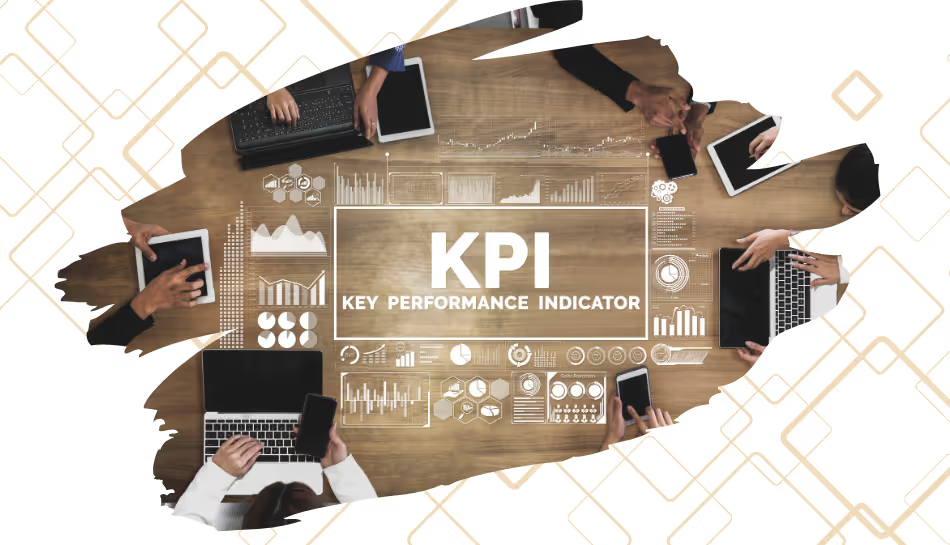Operating an export-import business is thrilling but intricate. From handling international suppliers and customs rules to monitoring shipments and handling multiple currencies, each step must be done with precision and coordination. Most companies wrestle with manual processes, which result in inefficiencies and expensive delays. That is where ERP for export-import enters the picture.
An export-import ERP system consolidates all business operations, ranging from sales and inventory to logistics and finance, onto a unified platform. It assists in automating activities, eliminating errors, and gaining better visibility into global operations. Let us discuss the most significant challenges of export-import business and how ERP software assists in overcoming them.
Challenges in Export-Import Business
Before we discuss the solutions, let's clarify the usual hurdles encountered by international traders:
- Complex Documentation – Export and import operations incorporate a multitude of documents like invoices, shipping bills, and customs declarations. Manual processing enhances the risk of errors and delays.
- Compliance and Regulations – Every nation has its own commerce laws, taxation, and customs regulations. Maintaining compliance manually can be daunting.
- Multiple Currencies and Exchange Rates – International trade involves handling various currencies and variable exchange rates, which make financial reporting more complex.
- Inventory and Shipment Tracking – Coordination among warehouses, ports, and logistic partners in different time zones is tricky without an integrated system.
- Communication Gaps – Inefficient systems and manual updates tend to create miscommunication among departments or partners overseas.
These are the challenges that make efficiency and precision essential, and ERP systems are designed to provide just that.
Role of ERP in Global Supply Chain
ERP in the global supply chain is a term that we use for software that handles international trade functions end-to-end. ERP combines activities like procurement, shipping, warehousing, and accounting within one system. This makes real-time coordination between global teams, suppliers, and customers possible.
For example, when there's confirmation of an export order, ERP automatically updates stock, creates invoices, and initiates logistics scheduling. This minimizes reliance on manual tracking and assures each stakeholder has access to the same up-to-date information.
How ERP for Export-Import Solves Business Challenges
- Automates Documentation and Compliance
ERP systems automatically create all export-import documents necessary and keep them in digital form. They also maintain compliance with customs regulations, tax, and trade legislation through integrated regulatory frameworks. - Streamlines Financial Management
Managing multiple currencies is simple with ERP. The system reconciles transactions, converts rates automatically, and offers consolidated reports of all markets. - Real-Time Tracking of Inventory and Shipment
ERP gives insights into goods at every level, from procurement to final delivery. Companies are able to track shipments in real time, keep tabs on inventory levels, and reorders manage effectively. - Enhances Communication and Collaboration
All the departments, sales, finance, logistics, and compliance operate on the same system. This minimizes data silos and provides seamless collaboration between teams. - Enhances Data-Driven Decisions
ERP dashboards and analytics capabilities supply actionable information. Business owners can monitor performance, detect bottlenecks, and make more intelligent decisions for expansion globally. - Import-Export Business Automation with ERP
Automation of import-export business using ERP software introduces velocity and uniformity to day-to-day activities. Activities such as order processing, payment monitoring, and shipping synchronization are automated. Not only is time saved, but so are errors and operating expenses.
Automation also assists in demand forecasting, supplier relationship management, and delivery scheduling, all important elements of having a healthy international supply chain.
Benefits at a Glance
- Improved order processing and paperwork reduction
- Enhanced control over foreign transactions
- Simplified customs and compliance management
- Increased coordination among departments and partners
- Greater accuracy and transparency of financials
Final Thoughts
The obstacles in export-import business may impede companies from reaching their full potential. However, with the appropriate export-import ERP solution, such challenges become milestones towards efficiency and growth.
Through the adoption of ERP in global supply chain activities, companies achieve real-time control, enhanced compliance, and automations in each process. In a globally competitive marketplace, ERP is not an application, it's the platform on which one should build a smarter, faster, and more resilient international company.



